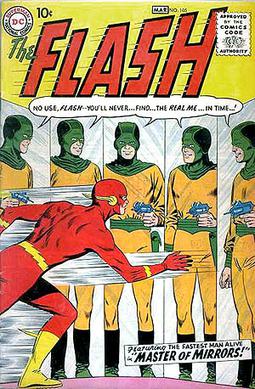The Chinese story The Journey to the West was written in the 16th century, and features Sun Wukong, one of the most well-known figures of Chinese fiction.
Quoting from the 2011 translation by Anthony C. Yu:
The Monstrous King shifted his position and struck out. Wukong closed in on
him, hurtling himself into the engagement. The two of them pummeled and
kicked, struggling and colliding with each other. It is easy to miss on a long
reach, but a short punch is firm and reliable. Wukong jabbed the Monstrous King
in the short ribs, hit him on his chest, and gave him such heavy punishment with
a few sharp blows that the monster stepped aside, picked up his huge scimitar,
aimed it straight at Wukong’s head, and slashed at him. Wukong dodged, and the
blow narrowly missed him. Seeing that his opponent was growing fiercer,
Wukong now used the method called the Body beyond the Body. Plucking a
handful of hairs from his own body and throwing them into his mouth, he
chewed them to tiny pieces and then spat them into the air. “Change!” he cried,
and they changed at once into two or three hundred little monkeys encircling the
combatants on all sides. For you see, when someone acquires the body of an
immortal, he can project his spirit, change his form, and perform all kinds of
wonders. Since the Monkey King had become accomplished in the Way, every
one of the eighty-four thousand hairs on his body could change into whatever
shape or substance he desired. The little monkeys he had just created were so
keen of eye and so swift of movement that they could be wounded by neither
sword nor spear. Look at them! Skipping and jumping, they rushed at the
Monstrous King and surrounded him, some hugging, some pulling, some
crawling in between his legs, some tugging at his feet. They kicked and
punched; they yanked at his hair and poked at his eyes; they pinched his nose
and tried to sweep him completely off his feet, until they tangled themselves into
confusion.

